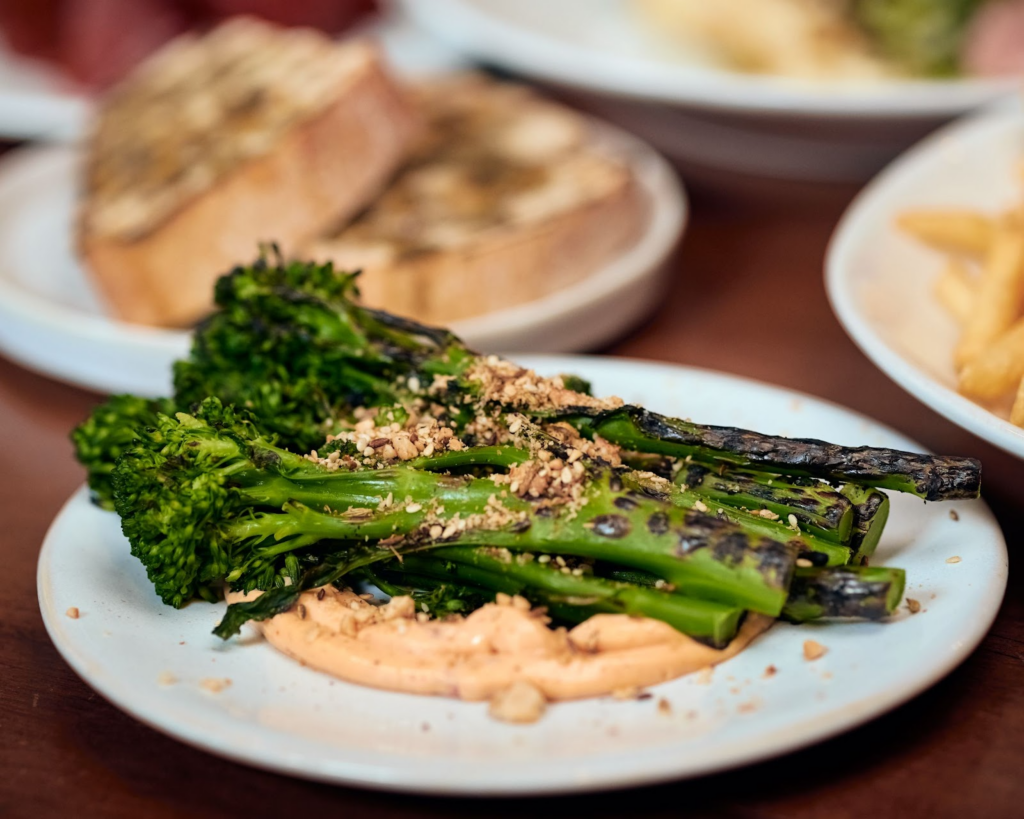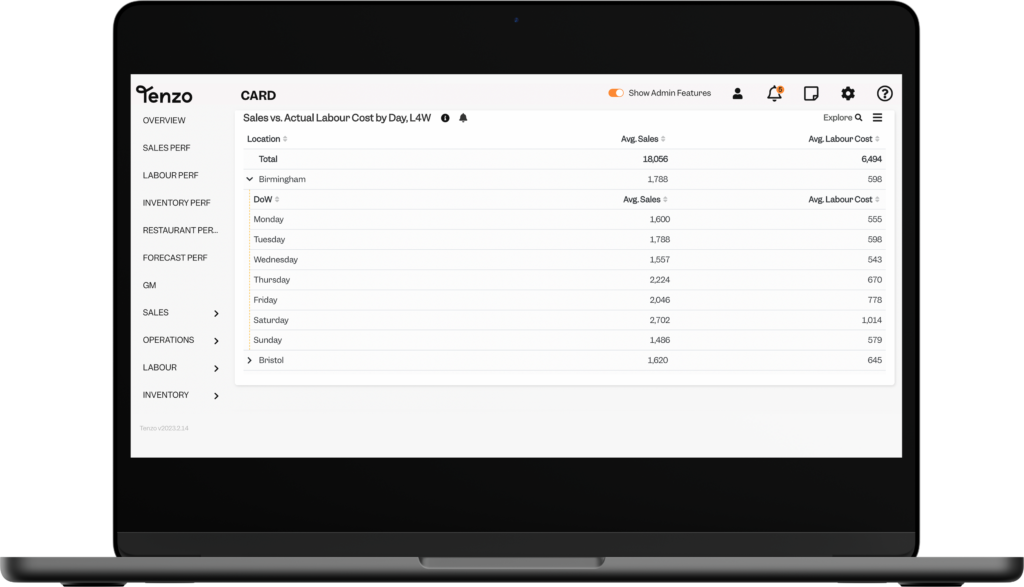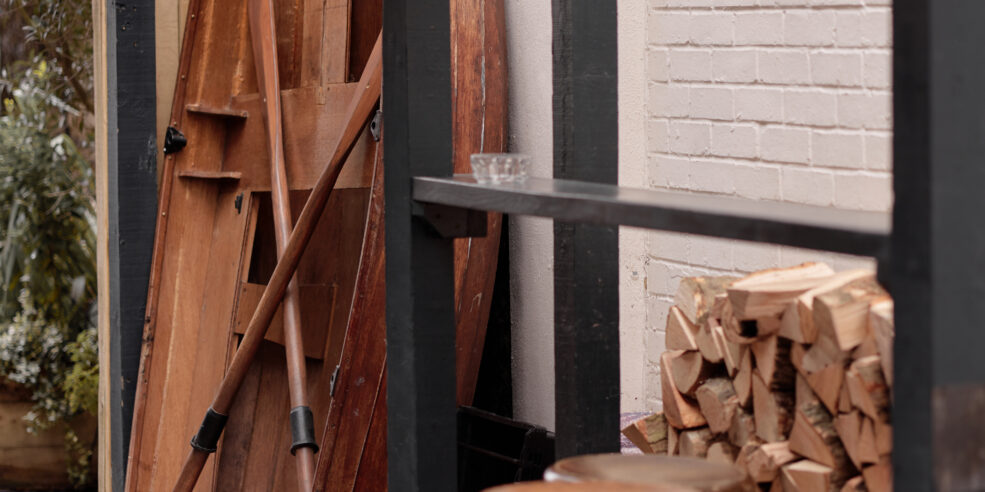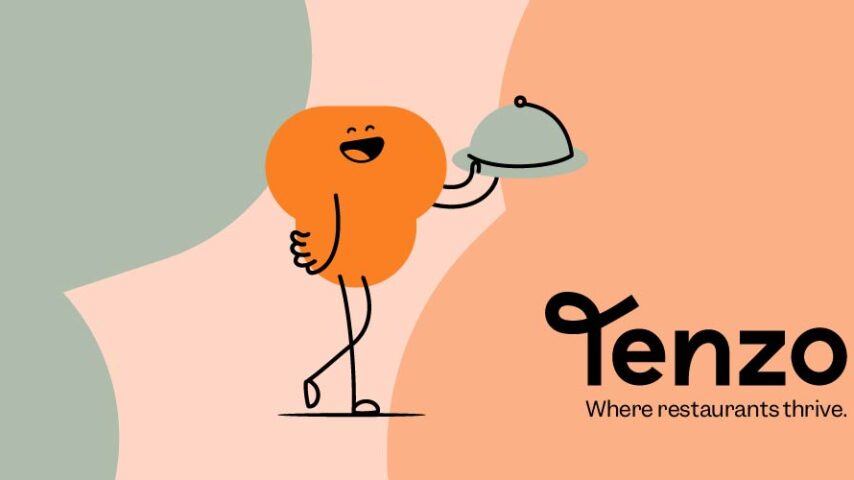In this article
- Tell us about Truffle Hunting
- When did you start using TISSL and Tenzo? What made you choose them?
- What specifically do TISSL and Tenzo do that help Truffle Hunting? How does it help day-to-day?
- How does it differ using TISSL and Tenzo as an operator, compared to a restaurateur?
- How has the integration between TISSL and Tenzo improved your operation, rather than using them separately?
Truffle Hunting is a UK-based consultancy firm led by James McLean and Nigel Sutcliffe. They work with restaurants to produce a road map and direct the changes to build the businesses’ successful evolution. TISSL and Tenzo work with both Truffle Hunting and James’ restaurant – The Oarsman. We spoke with James recently, at The Oarsman, about how our partnership has helped him improve performance within both businesses.
“My favourite report in Tenzo is the sales vs labour over the past 4 weeks by day of the week as it helps me see on mobile in real-time the days we are over and understaffed and take corrective action” – James McLean, Partner at Truffle Hunting
How TISSL and Tenzo have improved operations at Truffle Hunting
Tell us about Truffle Hunting
My colleague Nigel started truffle hunting back in 2003 having spent many years working with Heston at The Fat Duck. Truffle Hunting is about helping our customers create concepts, deliver on those concepts and then manage ongoing projects with them.
When did you start using TISSL and Tenzo? What made you choose them?
Nigel first worked with TISSL at the Fat Duck and Tenzo we started working with in 2018. We were starting to look at how we could build integrated ecosystems of support systems for our clients.
It was very clear that both platforms matched our ambitions to have a cloud-based system that would give us information much more simply. One of the main things we want from any platform we work with is that it keeps the team on the floor looking after the customers and reduces the amount of office time. We’d much rather keep everyone focussed on the customer’ it was a huge help in ensuring that keeps happening.

What specifically do TISSL and Tenzo do that help Truffle Hunting? How does it help day-to-day?
Most importantly, the information they have can make decisions happen immediately. We can look forward more easily; rather than looking back a month or waiting for a PNL to be produced. There would be too much of a lag.
The adaptability of being able to use TISSL and the Horizon platform; being able to use the cloud and start using the iPad for ordering; breaking down the departments of the business so they work very simply. Coupled with Tenzo’s ability to give us an intuitive platform to read the sales analysis. As well as being able to overlay revenue with staff costs, it all becomes very simple. The very close integration between the two works seamlessly.

How does it differ using TISSL and Tenzo as an operator, compared to a restaurateur?
I don’t think there is any difference between how we use the tools being an operator and being a consultant – it’s the same information and we apply the same disciplines everywhere we go.
However, what is really valuable is that it also gives a very transparent view of the business to a client. We are all looking at the same information at the same time; it’s clear to the client that we’re not hiding anything.
We work on everything in a very clear transparent way, so everybody understands what the challenges are, and we get a collective view of their ambitions and how we’re to achieve those ambitions

How has the integration between TISSL and Tenzo improved your operation, rather than using them separately?
One of the ways in which the two platforms working together so well has worked so well for us is that not only can we overlay information, we are able to sit centrally and generate reports that cover individual sites. It gives us an overall view when we dig in on a Monday morning to be able to find the questions that we need to ask that day.
As far as the collaboration between TISSL and Tenzo goes I could only say to anybody it’s a really really good partnership to have. It strengthens your business and I think it really simplifies the process of getting information quickly.
I think it’s about the support systems that are involved with both companies. Very much so from the teams on the ground floor calling support and getting quick answers, to us, as operators, being able to talk to the development teams and understanding what opportunities there are to develop in the ecosystems that we’ve put together.




